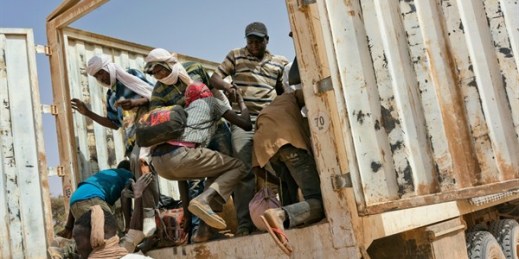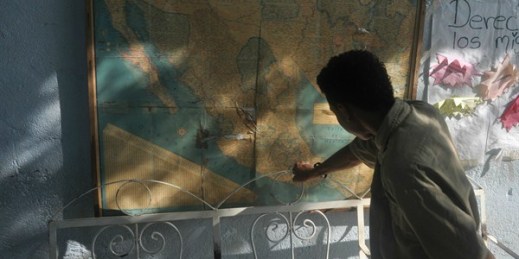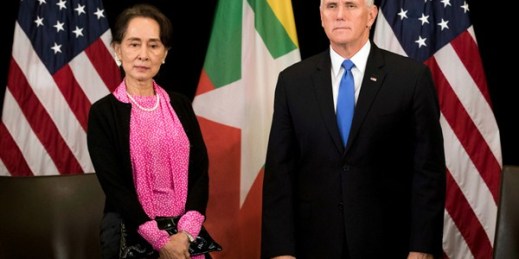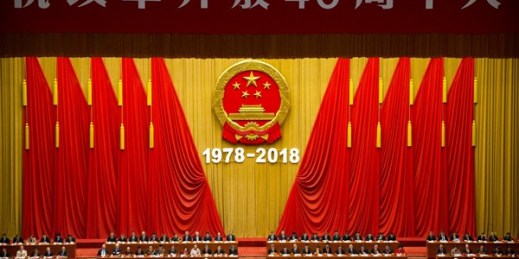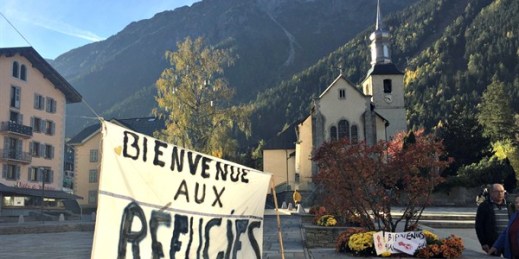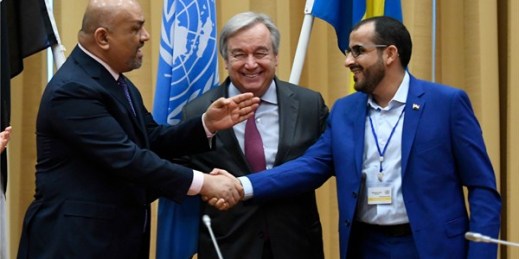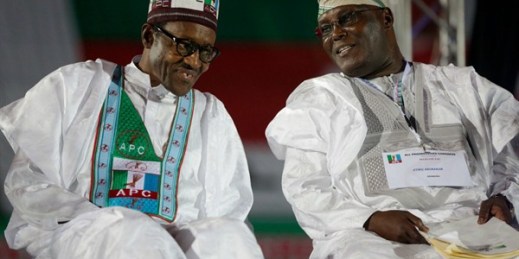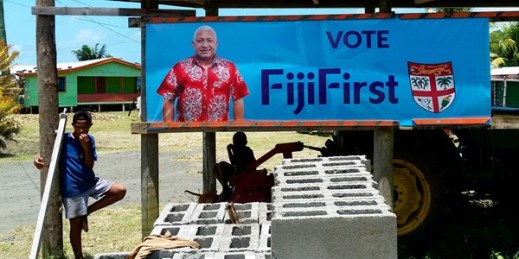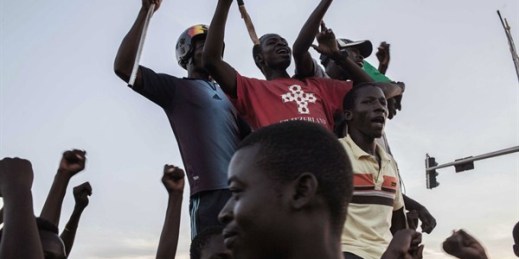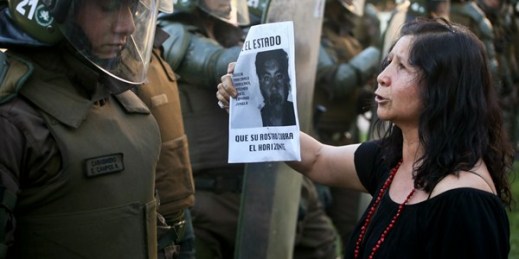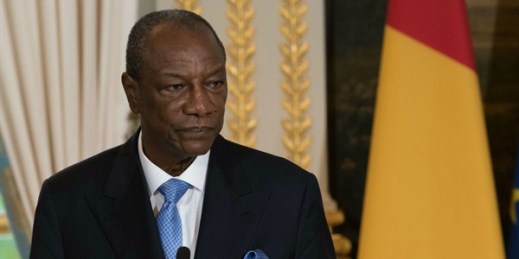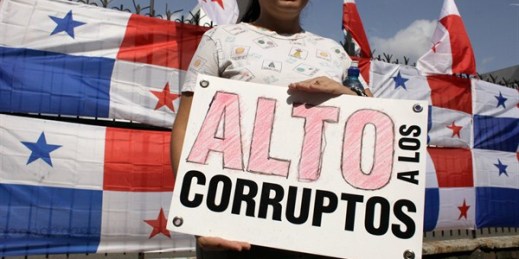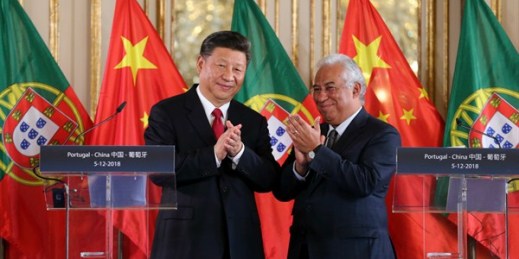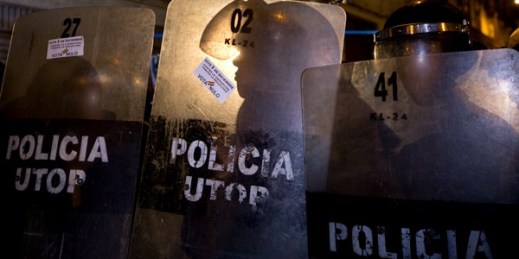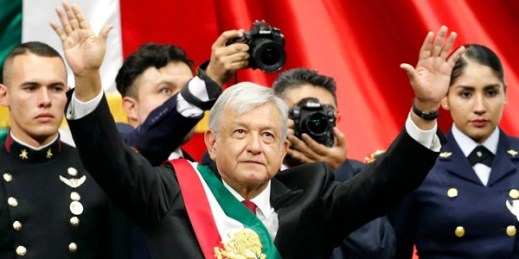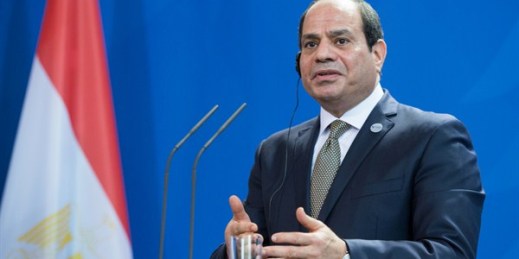
President Abdel-Fattah el-Sisi rules with brutal authority, but Egypt's political and economic future look anything but secure. CAIRO—To the many Egyptians who took to the streets in January 2011 to bring down former President Hosni Mubarak, Cairo is full of reminders of the country's post-revolution failures. Tahrir Square is once again a bleak traffic-laden roundabout; just next to it, the Egyptian Museum is associated with torture by the military after activists were detained and interrogated there following a protest in March 2011. Nearby, the downtown area of Maspero is notorious for the massacre of Coptic Christians. To the east, Rabaa […]

